10 Tips on How to Support an Elderly Family Member with ADHD
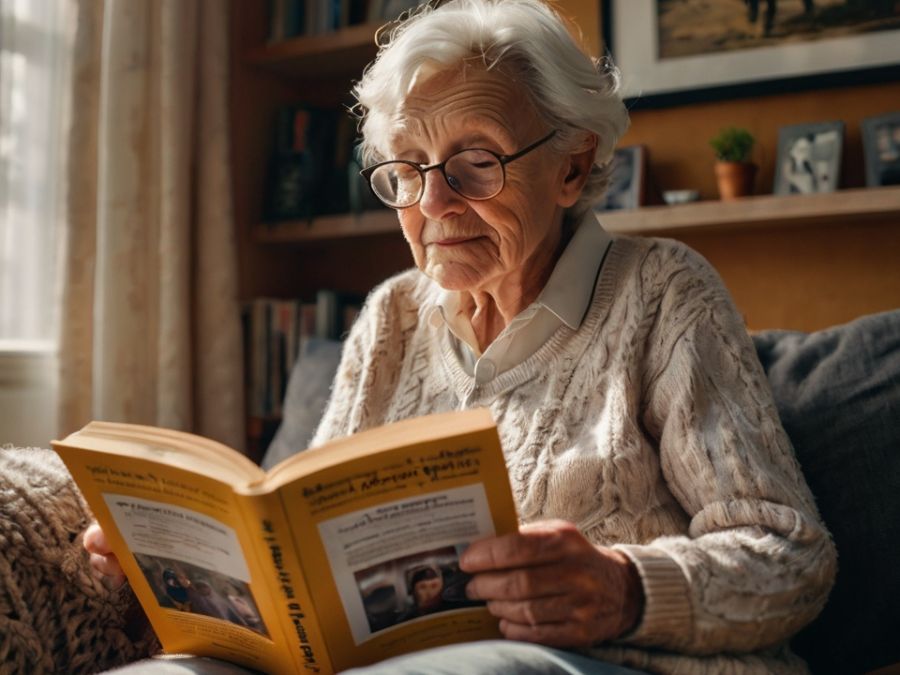
Aging brings many changes — and when ADHD is part of the equation, new challenges arise. Learning how to support an elderly family member with ADHD is crucial to ensuring quality of life, emotional stability, and strengthened family bonds.
In this guide, you’ll discover practical, scientifically-based strategies that will make a real difference. Let’s walk through this journey together!
1. Understand what ADHD is in older adults
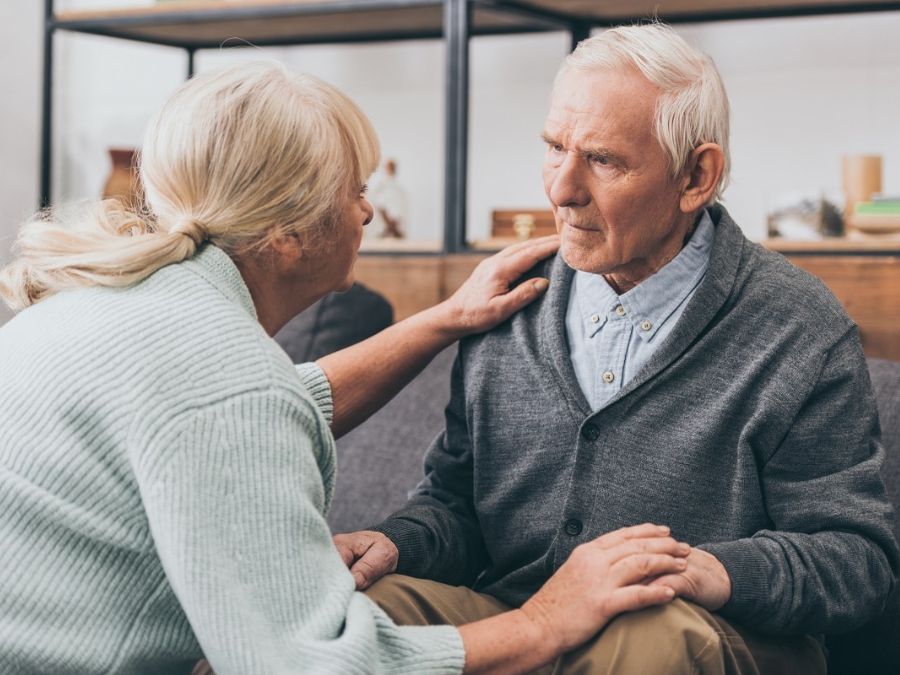
Before offering effective support, it’s essential to truly understand ADHD. This condition, contrary to popular belief, is not exclusive to childhood. Many people carry ADHD symptoms into adulthood, and these may persist or even worsen with age.
Main symptoms of ADHD in older adults:
- Forgetfulness and disorganization
- Difficulty maintaining focus
- Impulsivity in decisions or conversations
- Trouble completing tasks
- Emotional instability
Recognizing that these behaviors are not a lack of willpower but part of a neurological condition helps build empathy and reduces judgment.
2. Improve communication with clarity and empathy
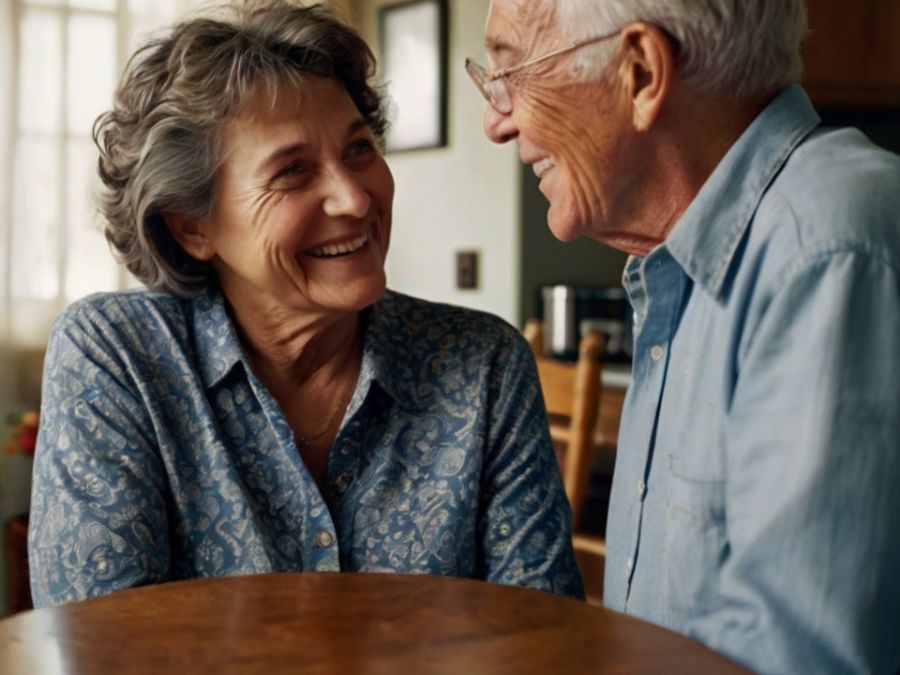
Communication is one of the pillars of support. An elderly person with ADHD may have difficulty understanding complex information or feel overwhelmed when receiving many instructions at once.
Communication strategies:
- Speak slowly and clearly
- Break information into smaller, digestible steps
- Repeat important points calmly
- Avoid using an authoritarian or impatient tone
Also, pay attention to non-verbal language: gentle gestures, attentive eyes, and a welcoming posture make a huge difference.
3. Help establish a structured routine

The brain of a person with ADHD benefits greatly from clear, organized routines. As the years pass, predictability becomes even more crucial for emotional security and productivity.
How to create a healthy routine:
- Set consistent times for waking up, eating, exercising, and sleeping
- Use calendars, planners, or digital reminders
- Write down the most important tasks of the day
- Allow room for flexibility, without rigidity
This organized environment helps minimize confusion, reduce stress, and increase autonomy.
4. Simplify the home environment

A cluttered environment can overload the mind of an elderly person with ADHD. Organizing the house to reduce distractions and facilitate navigation is a simple but extremely effective action.
Tips for a functional environment:
- Remove unnecessary decorative items
- Use labeled storage boxes
- Leave essential objects (keys, glasses, medicines) in always visible places
- Maintain a fixed location for important documents
Creating a calm and predictable space increases comfort and autonomy.
5. Encourage the use of reminders and technological tools

Technology can be an incredible ally for the elderly with ADHD. Apps, alarms, and voice reminders help with memory and time management.
Recommended tools:
- Alarm clocks and reminders on smartphones
- Virtual assistants like Alexa or Google Home
- Apps like Google Keep, Todoist, or Evernote
- Large wall calendars with notes
Encouraging the elderly person to interact with technology in a simple and fun way empowers them to take greater control of their routine.
6. Be patient and understanding with limitations
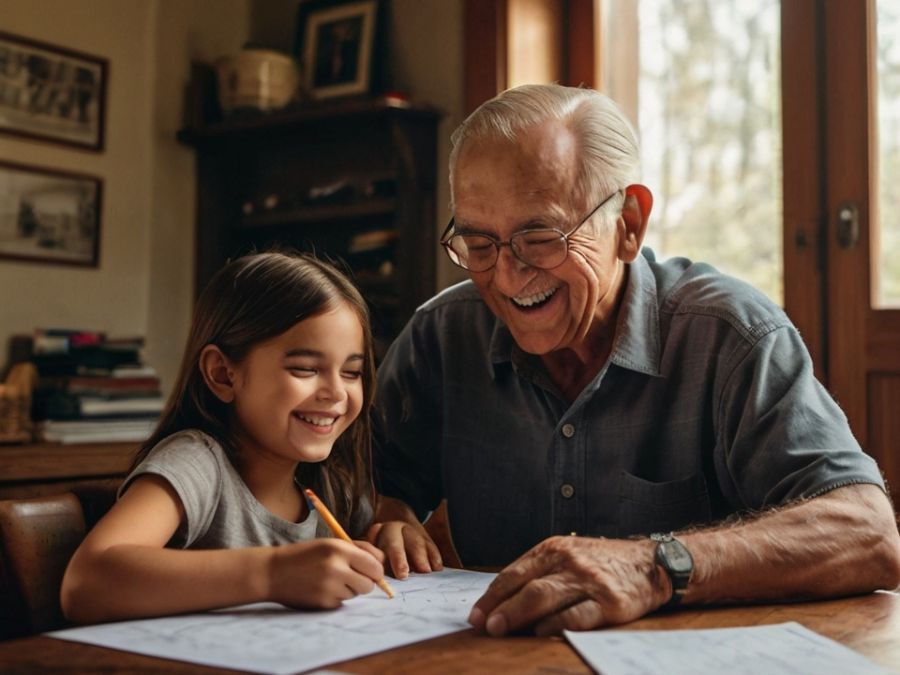
It is common for elderly people with ADHD to feel frustrated or sad for not being able to accomplish some tasks as they wish. The impatience of those around them can worsen these feelings. Supporting an elderly family member with ADHD is, above all, practicing patience and empathy daily.
How to show patience and understanding:
- Avoid harsh criticism or comparisons
- Praise small progress
- Offer practical help without invading autonomy
- Remind them that making mistakes is part of the adaptation process
7. Encourage physical and mental activities
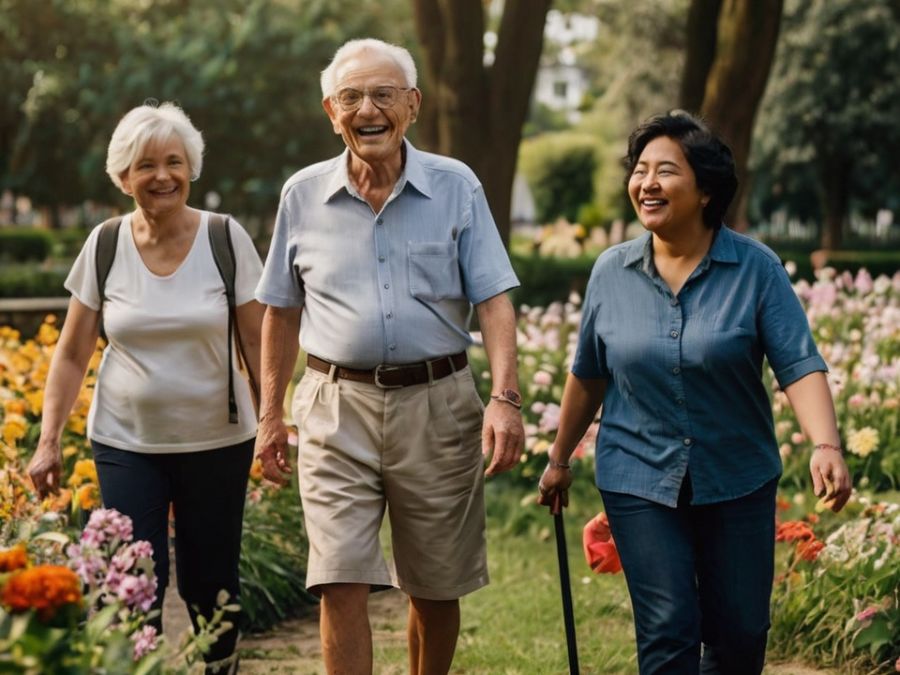
Science proves: regular physical exercise and cognitive activities can significantly improve ADHD symptoms in older adults (Source: Frontiers in Psychiatry, 2020). Moving the body and stimulating the mind helps concentration, mood, and thought organization.
Recommended activities:
- Outdoor walks
- Adapted yoga or stretching
- Word games, Sudoku, or puzzles
- Painting, music, or dance classes for seniors
8. Stimulate social participation

Social isolation is a factor that can worsen ADHD symptoms at any age, but especially in older age. Supporting an elderly family member with ADHD also means encouraging them to maintain social connections.
Ways to stimulate social life:
- Encourage regular family gatherings
- Participate in senior social groups
- Motivate volunteering in causes they enjoy
- Accompany them to cultural and recreational events
The goal is to prevent them from feeling lonely and strengthen self-esteem through interaction.
9. Seek specialized psychological support
Many elderly people initially resist the idea of therapy, but psychological support is crucial in dealing with ADHD. Specialized psychologists and therapists can teach practical techniques for organization, focus, and emotional management.
Recommended types of therapy:
- Cognitive Behavioral Therapy (CBT)
- Supportive Therapy
- Social skills and organization training
Explaining that therapy is a safe space to talk about their difficulties can make the process easier and more natural.
10. Take care of your emotional health too
Taking care of an elderly family member with ADHD is a noble mission but can be challenging. Often, caregivers forget to care for themselves, accumulating stress, anxiety, and even symptoms of burnout.
Tips for self-care:
- Take moments for rest and leisure
- Join caregiver support groups
- Seek professional help if feeling overwhelmed
- Remember that you don’t have to do everything alone
Offering the best support to your loved one starts with taking care of your own mental and physical health.
Final Thoughts
Supporting an elderly family member with ADHD is an act of love, patience, and dedication. By understanding the disorder, adapting communication, creating routines, and encouraging healthy habits, you will be promoting not only the elderly person’s well-being but also family harmony.
Remember: every step taken, every word of support, every gesture of patience makes all the difference.
The journey may have challenges, but it is also full of moments of growth, learning, and unconditional love.
Be the inspiration your loved one needs to live this stage of life with dignity, respect, and happiness!







